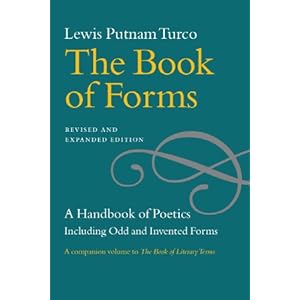For all my good ideas over the years, I have failed to produce more than a handful of short stories, only two or three of them published (in addition to a couple of novels that need heavy revising). Instead, I have dozens of notebooks filled with descriptions of experience and emotion, which I have sometimes turned into essays, but rarely into any kind of cohesive story.
It wasn't until after I attended a lecture by Pam Smallcomb last year, on how to write children's picture books, that I began to realize I don't know how to write a good plot—or any plot, really. Plot is so essential to fiction, I don't know how I missed its absence.
I like poetic prose and deep insight, which is why I tend to read literary fiction rather than genre fiction. But those books rarely keep me up at night—unlike the Harry Potter books, whose pages I continued to turn long after my bedtime, until I had read the whole series. It was those little hooks along the way that kept me interested, which I've mostly ignored in my own fiction.
 I never felt this way about poetry, perhaps because writing good poetry—especially form poetry—is a learning experience. I didn't assume that I knew what I was doing just because I could put down words and make rhymes. I understood that there is cadence and form, and building toward some kind of epiphany, all within a few lines. A massive, humbling undertaking if done well. And so I felt no embarrassment in consulting guides like The Book of Forms: A Handbook of Poetics as I wrote poems.
I never felt this way about poetry, perhaps because writing good poetry—especially form poetry—is a learning experience. I didn't assume that I knew what I was doing just because I could put down words and make rhymes. I understood that there is cadence and form, and building toward some kind of epiphany, all within a few lines. A massive, humbling undertaking if done well. And so I felt no embarrassment in consulting guides like The Book of Forms: A Handbook of Poetics as I wrote poems.But plot? I didn't think I needed to study it. Wasn't the telling of the story the same thing as plot?
Now I am reading, as Pam suggested in her lecture, 20 Master Plots (And How to Build Them). They include variations on the two essential plots that have been described over the years: a stranger comes to town, a journey is taken. But I'm finding it helpful to break down books I know and love into their mechanical parts, using this book as guide. Next, I will apply it to my own fiction; it's hard to admit that I am still a beginner at all this, but I'm never going to be a better writer unless I acknowledge my current limitations.




1 comment:
I struggle with plot too. I have to say, though, I think that poetry can also benefit from a good plot. I like to write short form poetry and even haiku have a plot - a beginning, a twist in the middle, and an ending that makes you see the beginning in a new light.
Post a Comment